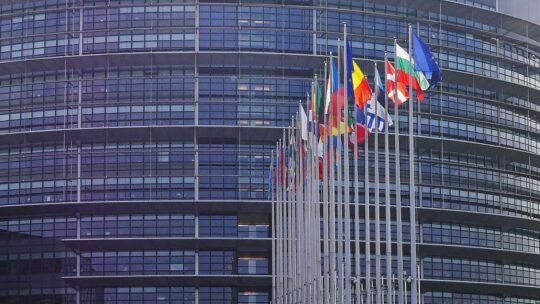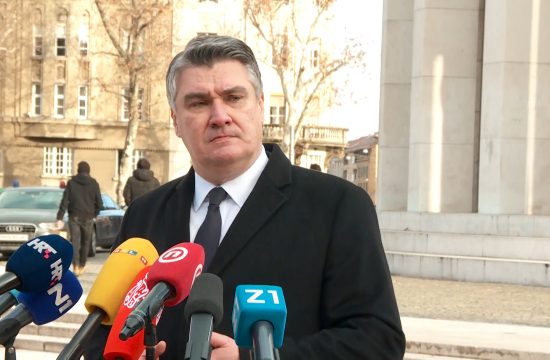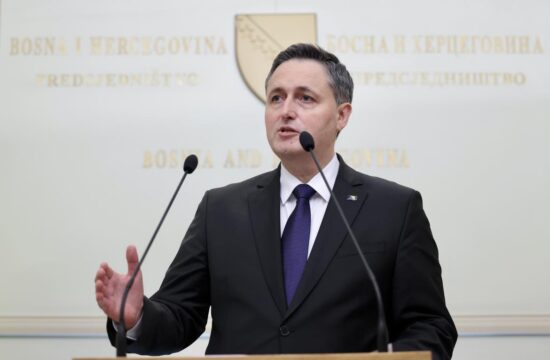
The Peljesac bridge construction is the issue of all issues for both the relations within Bosnia and Herzegovina as well as the country's neighbourly relations, said a member of Bosnia's House of Representatives, Semsudin Mehmedovic.
Croatia formally started the construction works on the Peljesac bridge, despite objections by predominantly Bosniak politicians who opposed it as they believe it might prevent large vessels from entering Bosnia's Bay of Neum, threatening the country's access to the sea.
The bridge is intended to link the Croatian mainland and the Peljesac Peninsula, bypassing a 15-kilometre-long strip around the city of Neum that represents Bosnia and Herzegovina's only coast on the Adriatic Sea. The link would cut the travel time between the Dubrovnik area and the rest of the country by circumventing the customs and border controls around Neum.
Mehmedovic claims that Croatia received the European Union's funds for the project on grounds of false documentation it submitted to the European Commission.
“There are many questions regarding the Peljesac bridge, especially concerning the internal relations of Bosnia and Herzegovina, when you see a member of Bosnia and Herzegovina's Presidency congratulating the Croatian Prime Minister for the Peljesac bridge construction,” Mehmedovic said.
He also pointed out the lack of reaction by the international representatives in Bosnia and Herzegovina.
“It is a different matter that we have here a representative of the EU, Lars-Gunnar-Wigemark, and High Representative, Valentin Inzko, who is obliged to react but he wisely keeps silent,” he said.
Presidency Chairman Bakir Izetbegovic earlier demanded an answer from the EU's representative Wigemark as to why the EU decided to co-finance the bridge construction, knowing that Bosnia objected the construction before the border issue at the sea between Bosnia and Croatia was resolved. The answer said there were no legal obstacles to the bridge construction. The Office of the High Representative, which oversees the civilian aspect of the Dayton Peace Agreement (DPA) which ended the 1992-95 war in Bosnia, expressed no opinion on the matter.





